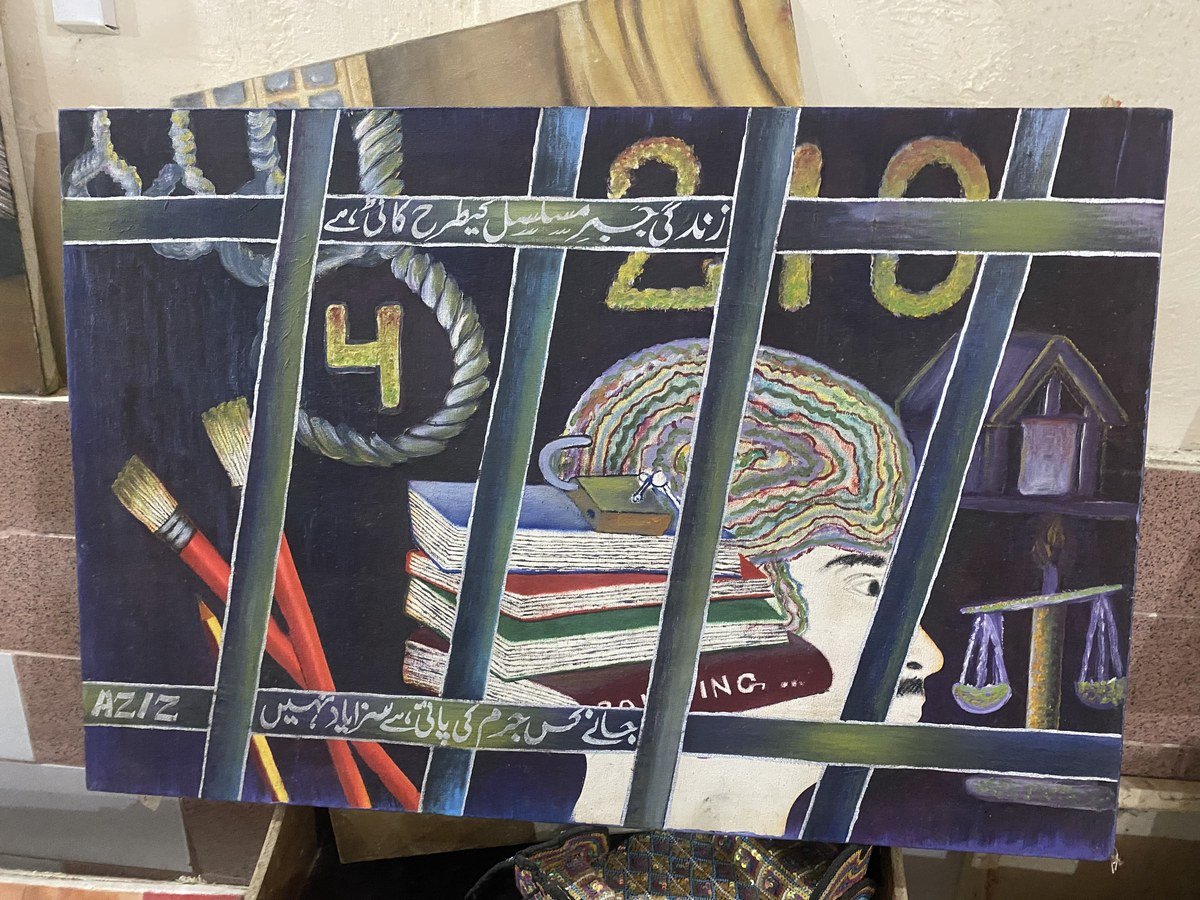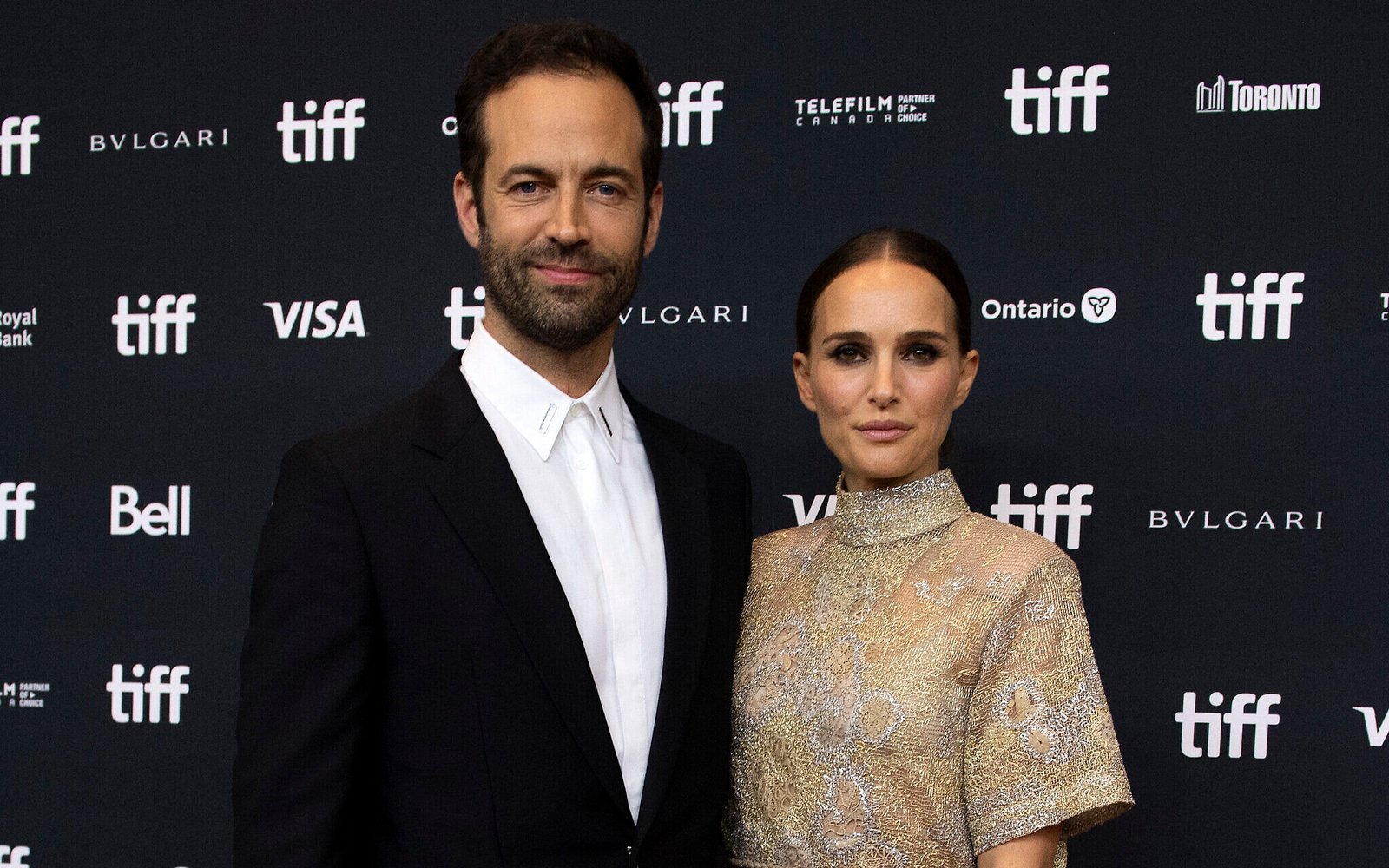The Central Jail in Karachi is breaking stereotypes by fostering a unique rehabilitation program that taps into the artistic talents of convicted criminals. In a surprising turn, inmates, including those serving sentences for serious crimes like murder and kidnapping, are creating vibrant murals and artworks within the prison’s confines.
Through the rehabilitation art and music program, inmates are not only learning valuable skills but also selling their artwork in exhibitions organized with the support of the local arts council. The prison chief highlighted the success of the initiative, revealing that prisoners have earned thousands of dollars from their art, challenging societal perceptions about the potential for change and redemption.
One such artist, Mohammad Ijaz, shared his transformative journey, expressing how being incarcerated provided him with a newfound sense of purpose and responsibility. Despite serving a lengthy sentence, Ijaz’s art, particularly depictions of horses, has not only funded his family’s important events, such as his mother’s pilgrimage to Makkah and his sister’s wedding but has also brought joy and pride to his family.
The art program, initiated in 2007, aims to reform prisoners serving long sentences or facing the death penalty. In addition to artistic pursuits, inmates have the opportunity to learn languages such as Arabic, English, or Chinese, as well as engage in hand embroidery and beadwork. Prison officials believe that constructive activities help inmates reflect on their past actions and contribute to their personal growth and rehabilitation.
While prisons in Pakistan often face challenges such as overcrowding and limited resources, initiatives like the rehabilitation art program at Karachi Central Jail demonstrate the potential for positive change. The proceeds from the sale of inmates’ artwork are rightfully theirs, providing a unique incentive for personal development.
Advocates for criminal justice reform, including Sarah Belal, the executive director of Justice Project Pakistan, emphasize the importance of rehabilitation efforts in the penal system. They argue that the primary purpose of punishment should be to help individuals become better citizens, promoting a more holistic and transformative approach to incarceration. In the words of one inmate, Mehtab Zakir, serving a murder sentence, engaging in artistic endeavors instills a sense of accomplishment and confidence, offering hope for a better future beyond the prison walls.



